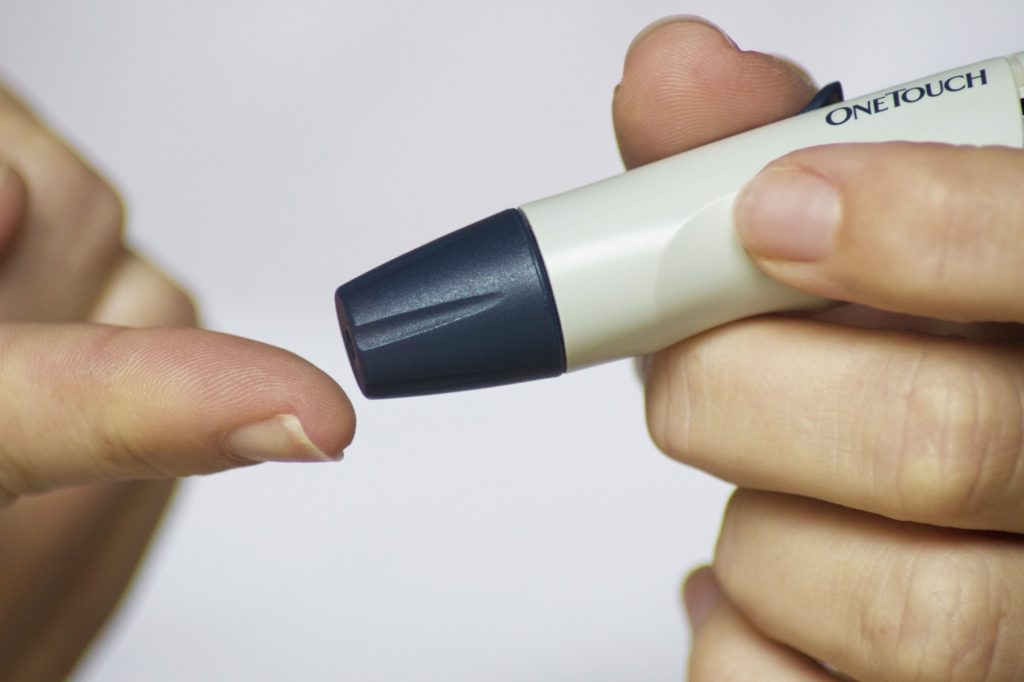The Dangers of Gestational Diabetes to the Mother and Baby

Pregnancy is a sensitive time filled with lots of emotions. For mothers-to-be, anything that jeopardizes their health or the health of their baby during this time is something to be taken seriously.
Gestational diabetes is a somewhat common condition that many pregnant women face. If it goes untreated, the dangers of gestational diabetes include risks to both mother and baby.
Here’s what you should be aware of if you’ve been diagnosed and how you can find help if you think you haven’t gotten the medical care you and your baby required:
Dangers of Gestational Diabetes Includes Macrosomia
If you have gestational diabetes, your baby is at risk of having high blood glucose levels as well. Your baby will, in turn, produce more insulin as a response, just as your body is doing with gestational diabetes. This causes your baby to grow larger than normal. Babies that weigh more than 8 lbs 8 oz are referred to as “macrosomic”.
Macrosomic babies are at an increased risk for:
Shoulder Dystocia
This is where the baby’s shoulder becomes stuck in the mother’s pelvis once the head has already pushed through.
Large babies have a much harder time moving through the birth canal, and shoulder dystocia can crush the umbilical cord.
If your doctor comes across shoulder dystocia during labor, the delivery team will need to turn to other intervention methods to get the baby out safely.
If you feel like you or your baby weren’t treated with the care you needed, you might want to look into hiring a birth injury law attorney.
Birth Trauma
Both the mother and the baby can be negatively affected when the baby deals with a difficult birth.
Macrosomia causes trauma during delivery with some physical symptoms. These might include nerve damage with the baby, possible bone fractures, or bleeding and tearing for the mother. It can also lead to emotional distress and traumatic birth experience.
Macrosomia can also lead to early induction or a cesarean section to ensure the safety of the baby. If your doctor suspects macrosomia, your baby’s weight will be carefully monitored to see if any of these interventions are necessary.
The risk of macrosomia is just one of the dangers of gestational diabetes. It’s among the reasons that mothers should strive to keep their glucose levels at a normal level throughout their pregnancy. Doing so will minimize many of the risks of a difficult birth experience.
Possible Premature Birth
Gestational diabetes is closely linked to an increase in the risk of premature birth. Premature birth is any birth that occurs before 37 weeks. The early birth may be necessary because of a doctor recommendation due to complications, or due to various other reasons due to gestational diabetes.
One of these reasons has to do with the damage done to the placenta. During pregnancy, the placenta produces hormones that affect the insulin levels within the woman and the baby’s bodies. These hormonal reactions raise blood sugar levels.
As the baby continues to grow, the placenta produces increasingly more insulin-counteracting hormones. When gestational diabetes is present, these hormones can reach blood sugar levels that are higher than they should be. This affects the placenta’s ability to function properly which in turn can affect the healthy development of the baby.
Risk of Stillbirth
All women are at some risk of stillbirth to some degree. Stillbirth refers to the death of the baby shortly after being born.
Some studies suggest that women with gestational diabetes are at an increased risk of experiencing a stillbirth if they reach 40 weeks pregnant without giving birth. This is one of the reasons that doctors will tell these patients that induction is advised if they reach 40 weeks and have gestational diabetes.
Most women who develop gestational diabetes during their pregnancy will be induced. The chances for stillbirth are still very low, but it’s important to know the risks associated with gestational diabetes, even nevertheless.
Potential Low Blood Sugar in the Baby
Sometimes mothers with gestational diabetes give birth to babies that develop low blood sugar after birth. If this happens it’s because their own insulin production was so high while they were in the womb.
This condition is known as “neonatal hypoglycemia“, but while it isn’t an ideal condition for the baby, it can be treated with an intravenous glucose solution.
If it goes left untreated, the baby’s brain can experience damage that might lead to a delay in development. If the medical team is aware of gestational diabetes, they can monitor the baby’s glucose levels throughout the pregnancy.
No Pregnancy is Without Risks
Though it can be troublesome to read about the dangers of gestational diabetes, it’s important to maintain some perspective. The truth is; no pregnancy is without some risks, whether you have gestational diabetes or not. Modern medical techniques and well-trained doctors make it possible for the majority of babies to be born without serious injuries or health concerns.
You may be worried that the proper precautions aren’t being taken to protect yourself and your baby. Perhaps injury or health problems have already occurred due to what you believe is medical negligence. This is where a good attorney might be able to help.
Find a Good Attorney
Even if you know some of the dangers of gestational diabetes, there isn’t much you can do to avoid the problems if you don’t have an able and dedicated team of nurses and doctors on your side.
If you worry that you’ve experienced medical malpractice, calling a birth injury attorney in New York to look into your situation can save you money and heartache.
Contact our offices to discuss your situation and ask any questions you might have or to schedule a free consultation. We’re here to help you.
